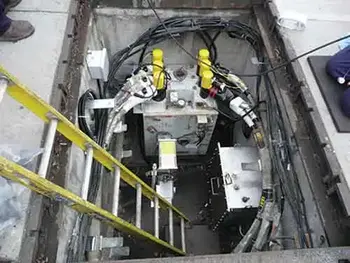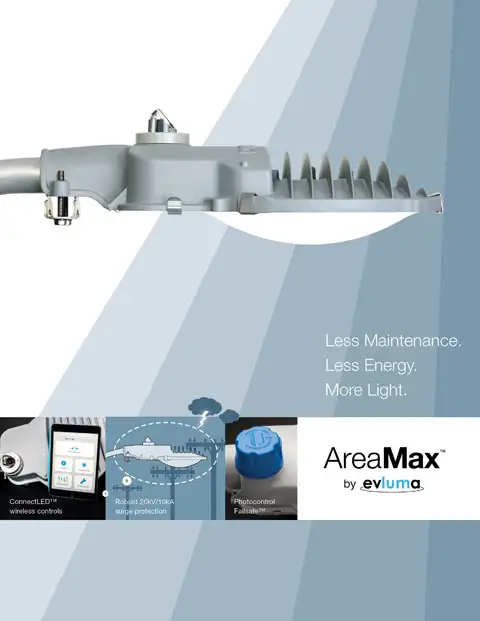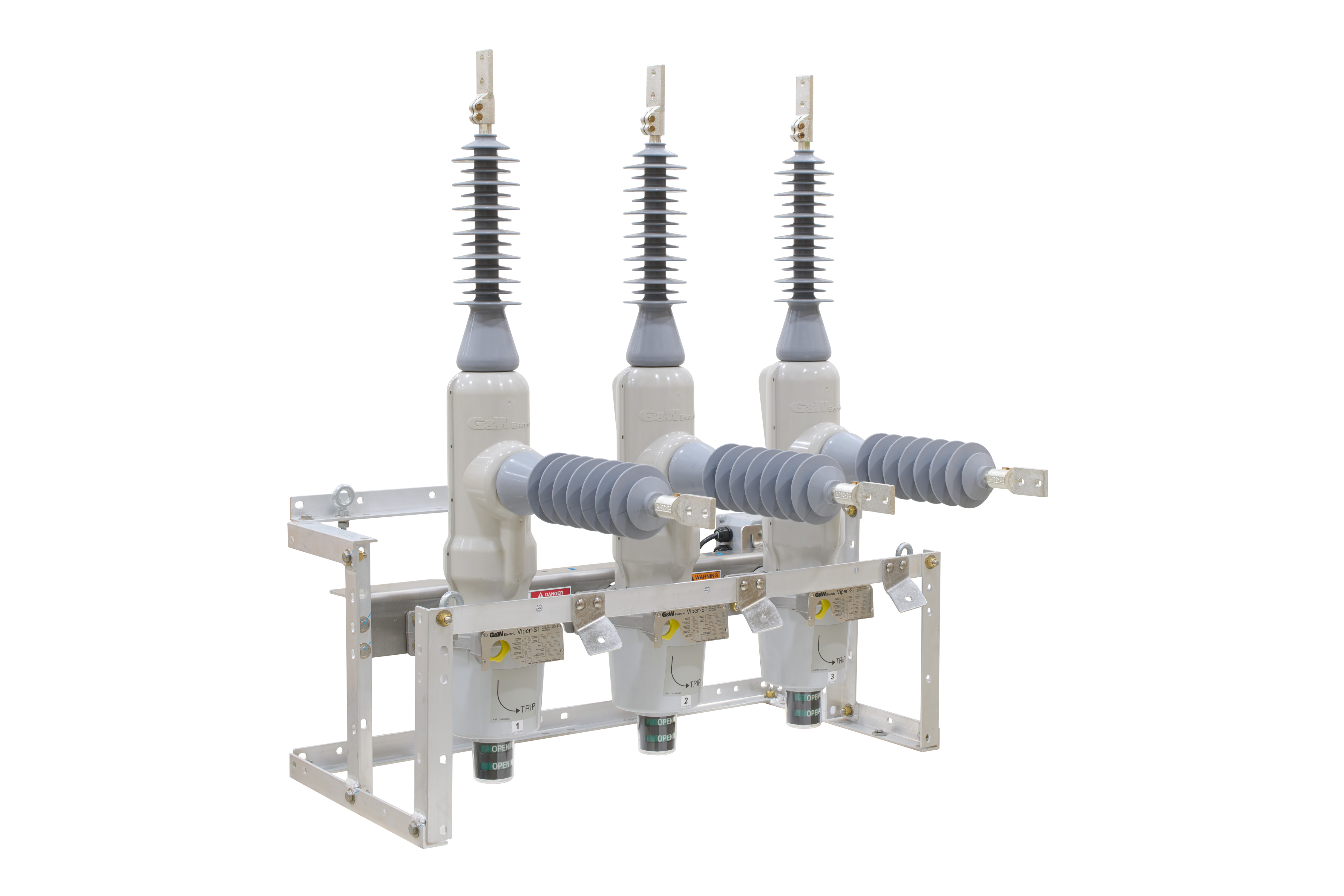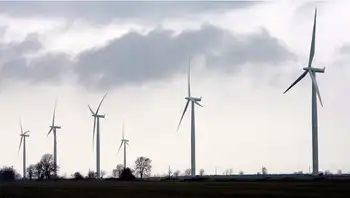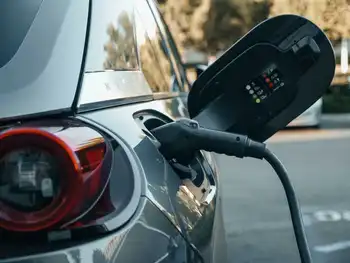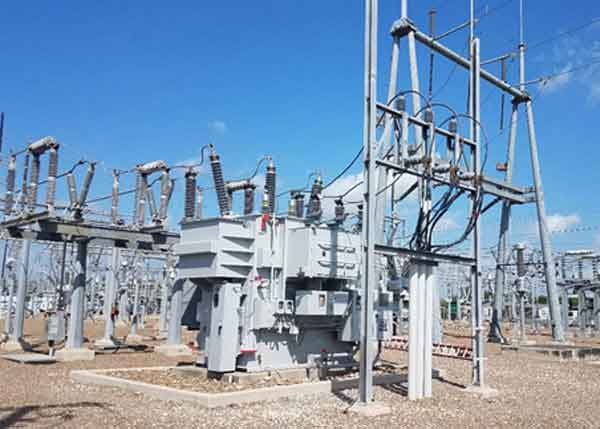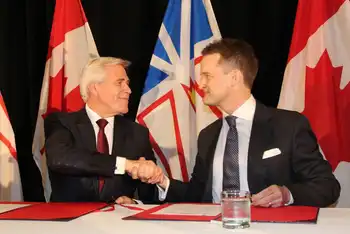Charting a path to net zero electricity emissions by the middle of the century

Protective Relay Training - Basic
Our customized live online or in‑person group training can be delivered to your staff at your location.

- Live Online
- 12 hours Instructor-led
- Group Training Available
Clean Energy Standard charts a federal path to decarbonize the power sector, scaling renewables, wind, solar, nuclear, and carbon capture to slash emissions, create green jobs, and reach net-zero targets amid the climate crisis.
Key Points
A federal policy to expand clean power and cut emissions with renewables, nuclear, and carbon capture toward net-zero.
✅ Mandates annual increases in clean electricity supply
✅ Includes renewables, nuclear, hydro, and carbon capture
✅ Targets rapid emissions cuts and net-zero by mid-century
The world has been put on notice. Last year, both the UN Intergovernmental Panel on Climate Change and the U.S. National Climate Assessment warned that we need to slash greenhouse gas emissions to avoid disastrous impacts of global warming. Their direct language forecasting devastating effects on our health, economics, environment, and ways of life has made even more urgent the responsibility we all have to act boldly to combat the climate crisis.
This week, we’re adding one important tool for addressing the climate crisis to the national conversation.
Together, we’re taking that bold action. The Climate reports made clear that to limit the global temperature rise and stave off devastating impacts to our climate—human-caused CO2 emissions must fall rapidly by 2030 and that we, as a global community, underscored at the Katowice climate talks, must reach net-zero emissions by the middle of the century. The Clean Energy Standard is federal legislation that offers a pathway toward decarbonizing our power sector and helping our nation accomplish a goal of net-zero emissions by the 2050s.
Under this plan, any company selling retail electricity will have a mandate to increase the amount of clean energy provided to its customers. It will incentivize clean electricity investment to put the U.S. on a sustainable path.
To deal most effectively with a crisis, all tools must be on the table. Our plan focuses solely on emissions, and there is a place for all technologies that can put us on the path to net zero. That will mean drastic increases in wind and solar energy for sure, as states like California pursue a 100% carbon-free electricity mandate to accelerate deployment, but nuclear power, hydro power, and fossil fuels with carbon capture and storage all have important roles to play.
We’re doing this because the science is clear – tackling our climate crisis requires serious and rapid action to control greenhouse gas emissions, and the push for decarbonization is irreversible according to many. Inaction on the climate crisis puts our families at risk, and we’re not wasting any time. This is also an opportunity to create good-paying green jobs that can last generations and uplift the middle class.
We are doing this for the environment, but also for jobs and economic competitiveness. The green economy is the future and we’re ready to see it grow, with states like New York advancing a Green New Deal that drives innovation. The United States can lead, or we can follow, and we want our nation to lead.
And, because as a New Mexican and a Minnesotan, we know that the impacts of climate change go far beyond the headlines and political discourse. It means devastation within tamarack forests and an increase in deadly fires. It means hotter summers and shorter winters with extreme temperature swings throughout the year. It means devastating flash floods with increasingly intense rain. It’s impacting our pocketbooks when farmers and small businesses who work the land in rural communities are unable to make ends meet.
States across the country are already acting to combat the climate crisis – including Minnesota's 2050 carbon-free electricity plan and New Mexico. But in order to truly address climate change, we have to be in this together as Americans. If the problem is far-reaching, our solutions must be equally as holistic.
It's why we've worked with green groups and activists, unions, and communities across the country - from urban to rural - to create a solution that understands the different starting points communities face in reaching net zero emissions, but doesn't shrink from the absolute need to reach that standard.
There is not one solution to climate change – it will take a collective group of individuals prepared to boldly act. And we are ready to take on that fight.
In Congress, we have formed the House Select Committee on the Climate Crisis and the Senate Democrats’ Special Committee on the Climate Crisis to hear from everyday Americans how climate change is affecting them – and how we can come together to find solutions that build on the historic climate deal passed this year. We have heard the stories of young people worried about their futures. And we realize there is a sense of urgency to act.
Over the coming weeks and months, we will be building support from communities across the country to make this plan a reality. We will continue working with stakeholders to ensure every voice is heard. Most importantly, we will continue listening to you and your communities.






